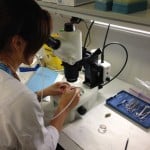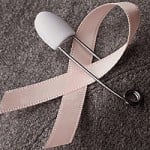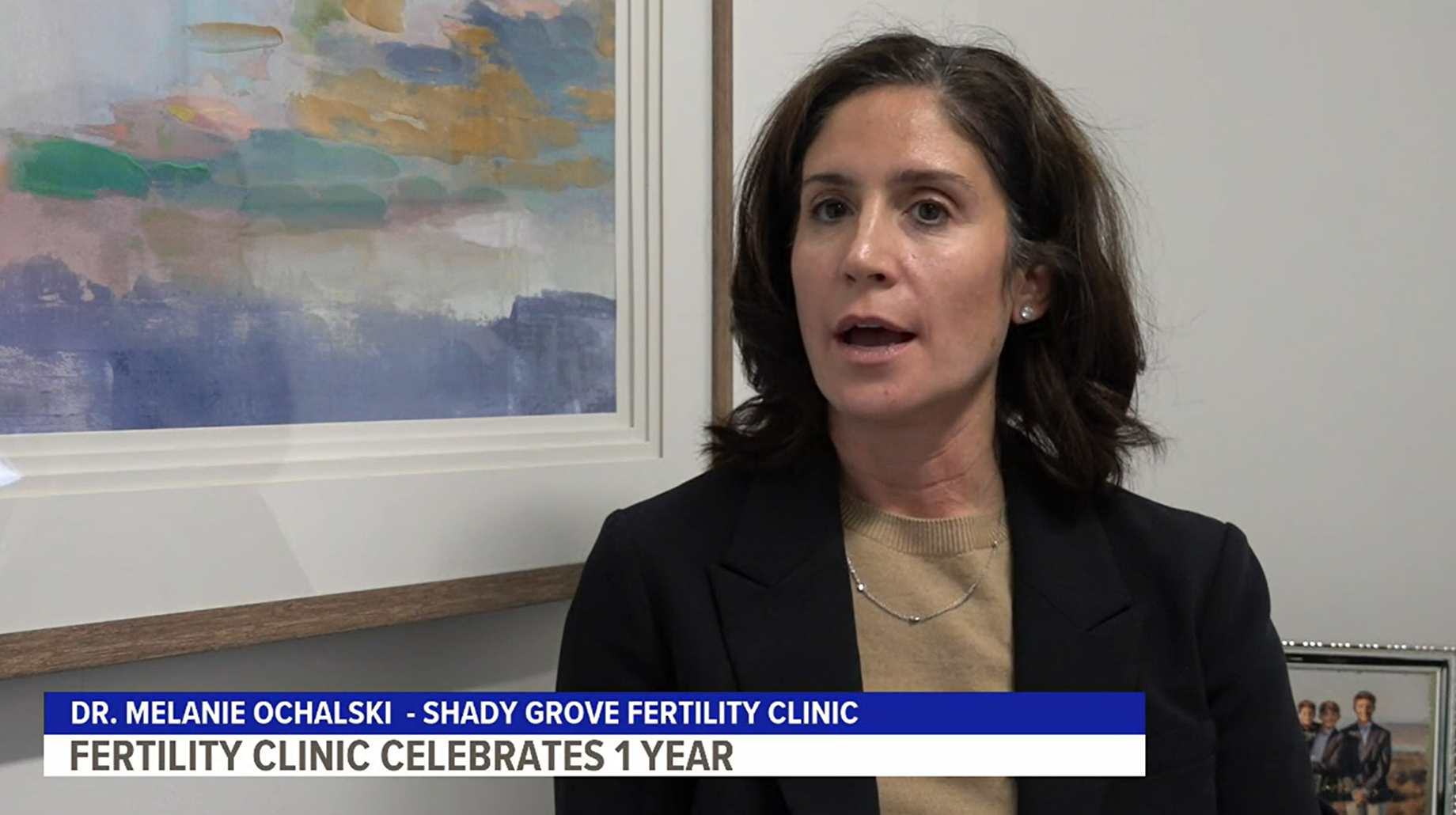While the news of Facebook and Apple providing egg freezing benefits to employees has been widespread, this benefit hasn’t trickled down yet to many companies outside of Silicon Valley. In addition to the lack of elective egg freezing benefits, the author of a recent NPR blog piece raises the issue of egg freezing costs for women with cancer, which most employers also do not cover.
Recognizing a lack of insurance coverage, Shady Grove Fertility has developed a specialized Oncofertility Program for women who have cancer. Since studies have shown that chemotherapy can severely diminish a woman’s ovarian reserve, we work with oncologists to get women in as quickly as possible after their cancer diagnosis, so that they can undergo egg freezing for fertility preservation prior to moving forward with cancer treatment.
The Oncofertility Treatment Process

When a patient with a recent cancer diagnosis reaches out to SGF, a specially-trained team guides them through the entire treatment process. This team helps to navigate patients through each step, from finding ways to afford treatment to the actual medical procedure. Due to the time-sensitive nature of treatment, oncology patients can expect an expedited treatment plan and to see a physician for consultation as soon as possible – usually within a few days of calling our office.
Once a patient decides to move forward with treatment, it generally takes 2-3 weeks to complete stimulation of the ovaries. Egg development will then be monitored via monitoring appointments that can help physicians determine if medication needs to be adjusted, as well as identifying the ideal time for egg retrieval. Once the follicles reach 20mm in size, an egg retrieval will be scheduled at one of our ambulatory surgery centers in either Rockville or Towson, Maryland or Chesterbrook, Pennsylvania. The retrieval will be performed under light sedation, with normal activity resuming the next day.
Patients in our Oncofertility Program will receive a specialized rate that is (on average) a 50 percent reduction of the cost of IVF. Patients are also offered additional discounts through the Shared Help Program if they qualify, and they can work with Fertility Finance to help with affordable monthly payments. The team will also reach out to the insurance companies, as there are some that will cover the cost of the retrieval and fertilization process if there is a cancer diagnosis.
Additionally, some pharmaceutical companies provide medications at a reduced cost to oncofertility patients. For example, Ferring Pharmaceutical’s Heart Beat Program provides the injectible medications used for stimulation at no cost to oncofertility patients.

What Future Options are Available for an Oncofertility Patient?
Once a woman’s eggs are frozen, they are available for when she has completed her cancer treatment and has been cleared to move forward with attempting pregnancy. The use of these eggs in the future will involve thawing them, inseminating them with sperm, and then transferring a healthy embryo into the uterus.
When a woman freezes her eggs, her success at achieving pregnancy will be related to her age at the time of freeze – not at the time when she plans to use her eggs. Eggs may be used to achieve pregnancy before a patient’s 51st birthday.
We understand that time is of the essence for our oncofertility patients and that there is an abundance of new information to process, from their cancer diagnosis to suddenly needing to undergo fertility preservation. By working with our pharmaceutical partners and our oncofertility team, as well as offering patients egg freezing programs like Assure20 and Assure 30, we’re working to make things as easy and cost-effective as possible for our patients in a situation that is anything but simple.
If you would like to learn more about the fertility preservation options available or are ready to schedule an appointment with a fertility specialist, please speak with one of our New Patient Liaisons at 877-971-7755.





